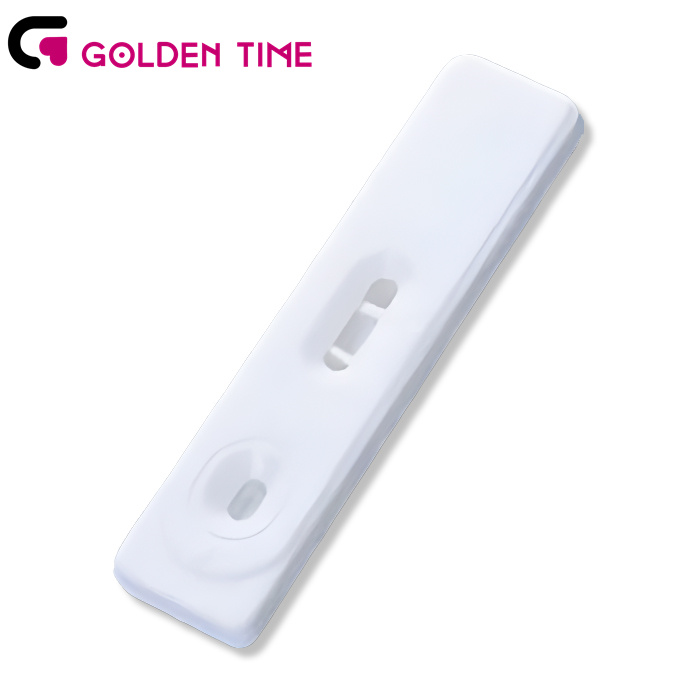Nov . 25, 2024 05:38 Back to list
buy hepatitis b and c test
Understanding Hepatitis B and C Testing A Comprehensive Guide
Hepatitis B and C are viral infections that primarily affect the liver, leading to serious health complications if left untreated. Testing for these viruses is crucial for early detection, management, and treatment. If you're considering getting tested, or perhaps even looking to buy hepatitis B and C test kits, here’s a comprehensive overview of what you need to know.
What are Hepatitis B and C?
Hepatitis B (HBV) is a virus that can cause both acute and chronic infections. For some, the infection clears on its own, but for others, it can become chronic, leading to liver damage, cirrhosis, or liver cancer. Hepatitis C (HCV) primarily leads to chronic infection and is a leading cause of liver transplantation and liver cancer. Unlike Hepatitis B, which can be prevented with a vaccine, Hepatitis C currently has no vaccine, making early detection and treatment paramount.
The Importance of Testing
Testing for hepatitis B and C is vital for several reasons
1. Early Detection Knowing your hepatitis status allows for timely intervention, which can prevent serious complications related to liver disease.
2. Treatment Options Both infections are treatable. Hepatitis B can often be managed with antiviral medications, while hepatitis C has become highly treatable with direct-acting antiviral medications, leading to a cure in most cases.
4. Monitoring Liver Health Regular testing can help monitor liver function and detect any signs of liver damage early on.
Testing Methods
There are several types of tests for hepatitis B and C
buy hepatitis b and c test

- Hepatitis B Testing - HBsAg Test This test detects the presence of the hepatitis B surface antigen, indicating an active infection. - Anti-HBs Test This test checks for antibodies against the hepatitis B virus, which suggests recovery and immunity. - Anti-HBc Test This tests for antibodies to the hepatitis B core antigen, indicating a previous or ongoing infection. - HBV DNA Test This measures the amount of viral genetic material in the blood, which helps in assessing the extent of infection.
- Hepatitis C Testing - Anti-HCV Test This is the first-line test that checks for antibodies to the hepatitis C virus, indicating current or previous infection. - HCV RNA Test This test measures the virus's genetic material in the blood, confirming the active infection and determining the viral load. - HCV Genotype Test This test identifies the specific strain of the virus, which can guide treatment decisions.
Buying Test Kits What to Consider
If you're interested in purchasing at-home hepatitis B and C test kits, several factors should guide your decision
1. FDA Approval Ensure that the test kit has received approval from the Food and Drug Administration (FDA) or relevant health authorities in your country.
2. Instructions for Use The test should come with clear, easy-to-follow instructions. Misinterpretation of results can lead to unnecessary panic or false reassurance.
3. Accuracy and Reliability Research the accuracy of the test kit. Look for reviews or published studies that validate its effectiveness.
4. Confidentiality Choose a provider that respects your privacy and provides confidential results.
5. Follow-Up Care Consider whether the test provider offers follow-up counseling or guidance on next steps if you receive a positive result.
Conclusion
Hepatitis B and C testing is an essential health service that can significantly impact your health and well-being. Whether you're considering a test due to risk factors or simply want peace of mind, understanding your options is key. Always consult with healthcare professionals if you have questions or concerns about testing, managing your health, or interpreting results. Early detection and effective treatment can make a difference—don’t hesitate to take that critical step towards a healthier future.
-
Dengue NS1 Rapid Diagnostic Test Kit
NewsMar.07,2025
-
Dengue NS1 Rapid Diagnostic Test Kit
NewsMar.07,2025
-
Dengue NS1 Rapid Diagnostic Test Kit
NewsMar.07,2025
-
Transferrin Rapid Test Cassette Tumor Marker TF Card
NewsMar.07,2025
-
Malaria Pf Pan Rapid Diagnostic Test Kit
NewsMar.07,2025
-
malaria pf / pan ag rapid test
NewsMar.07,2025

